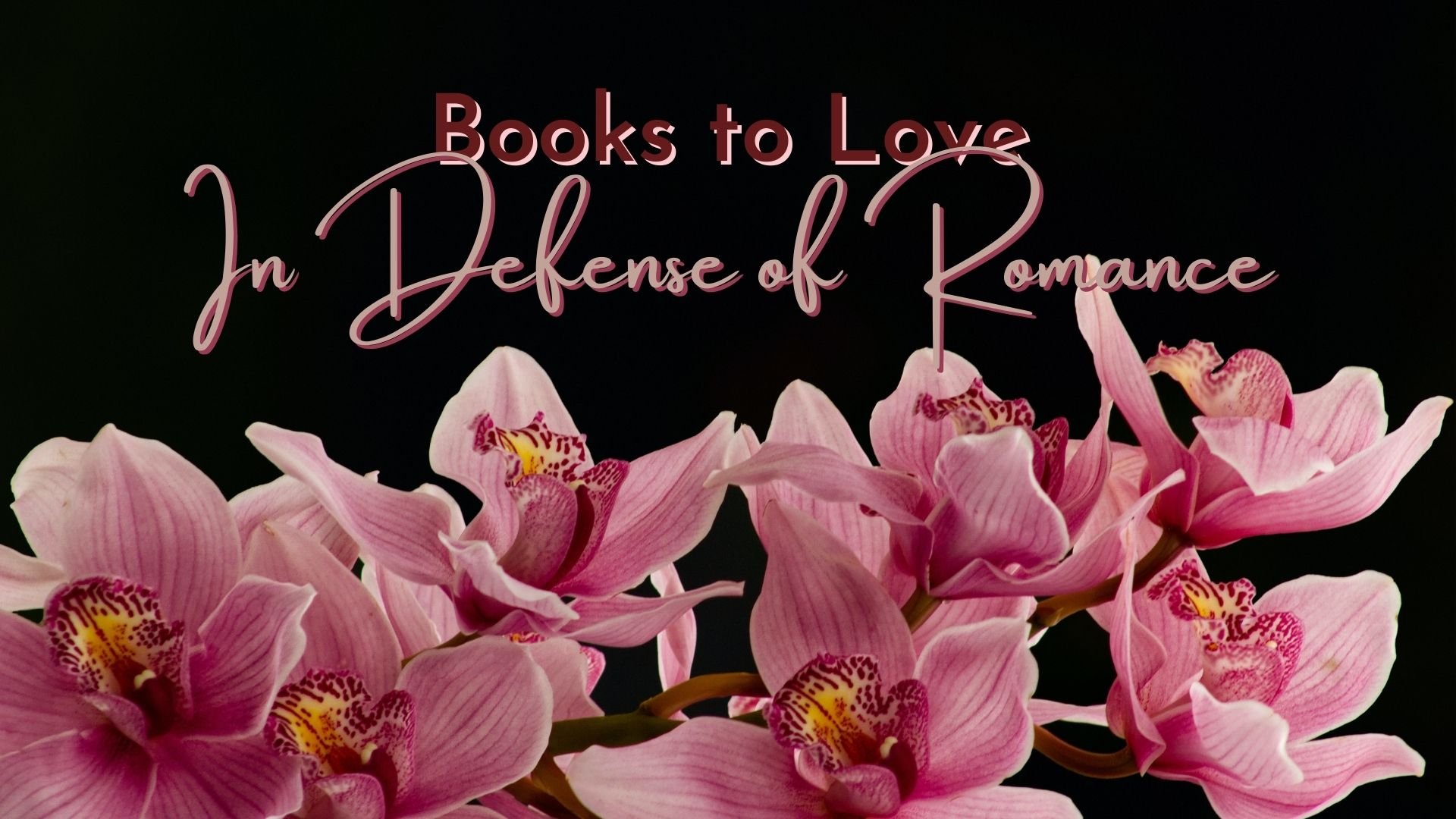With Delicate Fingers and Eyes
Here in the South this last week has been quite the adventure. We dipped down to freezing temperatures and stayed there for over a week, to say nothing of ice storms and then snow storms that hit us back to back. Suffice it to say that for an entire week, we were frozen in place.
Having the world come to a stand still around us, forced us to make the most of in home pursuits. Yes, we went sledding down the hills on our property and each day we went out to replenish the deer and bird feeders for our wildlife, but for the most part, we bundled inside and enjoyed the slower pace. One of the things afforded was time to catch up on all the reading that’s been on the back burner. Now that my son is a bit older (and his mama is a touch more experienced), I have learned how to balance a book whilst holding a baby. This is a tremendous accomplishment for me as it has allowed me to catch up on all my reading. I have so enjoyed the magazine and journal articles I’ve wanted to get to, to say nothing of the books I’ve longed to get to as well.
One of the articles, A Return to Books and Reading by Jeff Minick, left quite a mark on me. Much of what Minick has to say resonated. The gist of the article is that Minick, who is such a bibliophile and philologist that he owned his own independent bookstore, has found in recent years- the last decade or so- that the actual act of reading a book has become less frequent in his life. He lists increased use of computers and smart devices as one of the reasons as well as several others. But the conclusion of his article is that he will make the effort to read books again, particularly books considered staples or classics in literature.
Minick makes reference to Sir Walter Scott’s Ivanhoe as just such an example. He writes,
“Having come across mentions of Sir Walter Scott’s ‘Ivanhoe’ many times over the years without ever having read it, I have begun that tale of England set in the time of Richard I. I’ve only read the first 30 pages of so, but I’ve enjoyed the slow pace, the revived memories from my graduate school days when I studied Medieval English history, and some remarks that seem apropos to our current political climate 200 years after Scott wrote them.”
There are three main points that Minick highlights:
slow pace
revived memories
remarks apropos to current events
Today I’m focusing on the first one, although I do plan on tackling each of them in due course.
In 2000, studies concluded that the average person’s attention span was 12 seconds. In 2015, it was 8 seconds. One can only assume that with each passing year, our ability to maintain any length of focus whatsoever will continue to diminish. One of the reasons for this is the fact that our smart devices allow us a bombardment of readily available information continuously so that before we are able to process one thing, we’re faced with a bevy of new ones. Keeping up with the trends and the hashtags is severely crippling us. Even those of us who make an effort to curtail our time on our computers, tablets, phones, and televisions.
The obvious answer is to be intentional. We must be intentional in slowing down. Slowing down has been a topic here on Whiskers before (see The Caesura Effect). But the caesura intentionality I’m advocating requires disciple (see Adopt Discipline).
We’ve become a culture where we view quantity over quality. It’s more a matter of having read x amount of books rather than having read one single book well. For example, I would not recommend speed reading Shakespeare. He takes time. Time to understand and process. But their is so much wealth to be found in his work. (If you’re interested in looking at a piece that has worthy life advice, check out one of my favorite posts So May the Outward Shows.) Think back to being in school. When we were reading Hamlet or any one of the Shakespearean plays we were required to, we did not breeze through them. They took weeks. For at least 45 minutes a day, 5 days a week, our focus and intent was on a single play. Numerous portions of the writing were dissected and analyzed. And in that time, the meat of truth was served and it satiated.
The slow down I’m advocating is one in which we become lovers of that sort of saturation. We become people driven to absorb the word, the written word. Where we take the time to seek out the portions of what we read that jump out at us. Why did the author use a specific word that is rather archaic? There is a whole science devoted to this known as philology. Friedrich Nietzsche gives the best definition of philology and why this science has such bearing today.
“Philology is the venerable art which demands of its votaries one thing above all: to take time, to become still, to become slow – it is a goldsmith’s art and connoisseurship of the word which has nothing but delicate cautious work to do and achieves nothing if it does not achieve it in lento. But for precisely this reason it is more necessary than ever today; by precisely this means does it entice and enchant us the most, in the midst of an age of “work,” that is to say, of hurry, of indecent and perspiring haste, which means to “get everything done” at once, it teaches to read well, that is to say, to read slowly, deeply, looking cautiously before and after, with reservations, with doors left open, with delicate fingers and eyes.”
In Jeff Minick’s article one of the reasons he selected Ivanhoe is because he knew it would require this sort of delicate attention. It’s not merely a book to be read for a recounting of the plot. It’s a work that should be meditated on. The etymology of the word meditate includes an understanding of the actions of thinking or reflecting upon something, considering it and its design, purpose, and intent. The Latin and Greek even lend more to the definition by subsuming it with curative qualities. A philological search of mediate will take back to the word mederi in Latin. The word medical is derived from this word, which means that part of the foundation upon which the word meditate is built is on is related to one’s health- physically, mental, and spiritual.
Reading books, particularly, books written from different time periods of the world’s history, is an essential practice we must endeavor to incorporate into our lives. It is important for manifold reasons, namely it will engage our current thinking with thinking of another time and place. Why is that important? Because in the engagement with alternate and different ways of approaching things, we are forced to examine why we think and believe the things which we do. That can only add to our personal growth because we become more secure in the reasons for our beliefs or we find that things we’ve believed and thought but never given more than cursory attention to are worthy of redress.
This type of growth cannot happen in eight second bursts of attention, but requires a slow, steady pace. It takes time.
Furthermore, the style in which books were written as recently as 50-60 years ago is very different than books today. The words chosen, the manners of expression, the topics, the mode of address and etiquette, and the relational dynamics have shifted drastically. And because of our instant gratification, consumer driven culture, the idea of taking time to understand a concept, interaction, dialogue, or complex plot issue for ourselves is almost wholly rejected.
I cannot tell you how many times I’ve read about literary experiments where manuscripts written by authors who sit enthroned in the highest places of literary honor have been submitted (under pseudonyms, of course) to current publishing houses and been rejected as too lengthy or irrelevant. This highlights a distinct problem in the current manner in which manuscripts are being appraised, in my opinion. Please understand me, dear readers. I am not advocating for improper editing of one’s manuscripts. I have learned this lesson the hard way. An author can, indeed, write too much and must edit herself when it comes to this habit (see Line to Love: What and What Not to Write). However, there are lessons we must learn from the authors of old, and not just cast by the way side simply because an aside is considered wholly unnecessary by modern terms, no matter how delightful or insightful said aside is to the thinking and ruminating of the reader.
Why have these manuscripts been rejected? Because publishing is a business, and a business operates on profit margins. And, if people do nothing to curb their diminishing attention span and rampant pursuit of their instant gratification, then books will continue to be tailored to their needs and wants.
We as a society are losing something here. If the works of Charles Dickens, Leo Tolstoy, Olaudah Equino, Sun Tzu, Cicero, and many others would be rejected by the modern publishing world, what a grave lose the world would sustain! These writings taught me critical thinking and opened my eyes to many issues of the human condition.
This is why I find my love for the works of Dean Koontz increasing. Koontz makes no bones about it. You only need pick up any one of his novels and you will see a reverencing and honoring of the masters of old. Authors who wrote not just to convey an engaging plot line, but who peppered their work with momentary asides that delve into life truths. You see this when reading Dickens or Tolstoy or Austen. It was not merely the web in which their characters were trapped that excited their pens on the pages they wrote, but also an exploration of the human experience and the lessons garnered therein.
This year as part of my intentional slowing down, I plan to read a few classic pieces of literature that heretofore I have not read. Perhaps I will revisit some which I have read but many years ago. Perhaps I’ll re-read Ivanhoe; it’s always been a great favorite, but it has been nearly two decades since I last read it. And it is a novel filled with relevant storylines that we continue to see today such as blatant persecution of others based upon their religious and political beliefs as well as governmental overreach and abuse. I wonder what I will glean from a re-reading of it.
If we do not slow down to actually process the written word and then apply the ideas and thoughts to the world around us, there’s no point to any of it.
I would exhort you, dear readers, to pick at least one or two pieces of literature from a bygone time and read it this year. Read it slowly. Read it well. With delicate fingers and eyes. It does not have to be a heavy piece of literature. If War and Peace has never appealed to you, then don’t force yourself to read it. But, like me, perhaps revisits Jane Austen (see posts here and here and here) or Oscar Wilde (see post here) or Shakespeare (see post here).
And, of course, don’t limit yourself to only classics. Make time to read the modern books you want to as well. I’m sure that you like me has a pile of To Be Read books.
Select something that appeals to you- fictions or non-fiction- and then intentionally reject the culture pressure of indecent and perspiring haste, and read slowly, deeply, looking cautiously before and after, with reservations, with doors left open, with delicate fingers and eyes.
We need to cultivate those delicate fingers and eyes, that touch and explore and dig to find knowledge and truth. We need to become philologists and bibliophiles. We need to learn to live in lento.



















































































